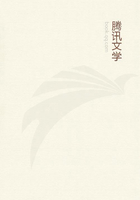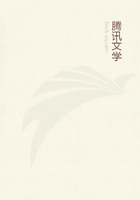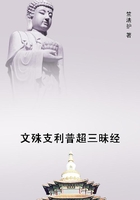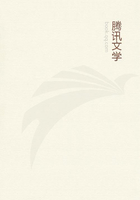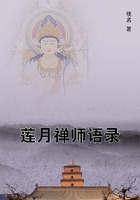Obviously, if each garment is permitted to serve for but a brief term, and if none of last season's apparel is carried over and made further use of during the present season, the wasteful expenditure on dress is greatly increased. This is good as far as it goes, but it is negative only. Pretty much all that this consideration warrants us in saying is that the norm of conspicuous waste exercises a controlling surveillance in all matters of dress, so that any change in the fashions must conspicuous waste exercises a controlling surveillance in all matters of dress, so that any change in the fashions must conform to the requirement of wastefulness; it leaves unanswered the question as to the motive for making and accepting a change in the prevailing styles, and it also fails to explain why conformity to a given style at a given time is so imperatively necessary as we know it to be.
For a creative principle, capable of serving as motive to invention and innovation in fashions, we shall have to go back to the primitive, non-economic motive with which apparel originated -- the motive of adornment. Without going into an extended discussion of how and why this motive asserts itself under the guidance of the law of expensiveness, it may be stated broadly that each successive innovation in the fashions is an effort to reach some form of display which shall be more acceptable to our sense of form and color or of effectiveness, than that which it displaces. The changing styles are the expression of a restless search for something which shall commend itself to our aesthetic sense; but as each innovation is subject to the selective action of the norm of conspicuous waste, the range within which innovation can take place is somewhat restricted. The innovation must not only be more beautiful, or perhaps oftener less offensive, than that which it displaces, but it must also come up to the accepted standard of expensiveness.
It would seem at first sight that the result of such an unremitting struggle to attain the beautiful in dress should be a gradual approach to artistic perfection. We might naturally expect that the fashions should show a well-marked trend in the direction of some one or more types of apparel eminently becoming to the human form; and we might even feel that ge have substantial ground for the hope that today, after all the ingenuity and effort which have been spent on dress these many years, the fashions should have achieved a relative perfection and a relative stability, closely approximating to a permanently tenable artistic ideal. But such is not the case. It would be very hazardous indeed to assert that the styles of today are intrinsically more becoming than those of ten years ago, or than those of twenty, or fifty, or one hundred years ago. On the other hand, the assertion freely goes uncontradicted that styles in vogue two thousand years ago are more becoming than the most elaborate and painstaking constructions of today.
The explanation of the fashions just offered, then, does not fully explain, and we shall have to look farther. It is well known that certain relatively stable styles and types of costume have been worked out in various parts of the world; as, for instance, among the Japanese, Chinese, and other Oriental nations; likewise among the Greeks, Romans, and other Eastern peoples of antiquity so also, in later times, among the, peasants of nearly every country of Europe. These national or popular costumes are in most cases adjudged by competent critics to be more becoming, more artistic, than the fluctuating styles of modern civilized apparel. At the same time they are also, at least usually, less obviously wasteful; that is to say, other elements than that of a display of expense are more readily detected in their structure.
These relatively stable costumes are, commonly, pretty strictly and narrowly localized, and they vary by slight and systematic gradations from place to place. They have in every case been worked out by peoples or classes which are poorer than we, and especially they belong in countries and localities and times where the population, or at least the class to which the costume in question belongs, is relatively homogeneous, stable, and immobile. That is to say, stable costumes which will bear the test of time and perspective are worked out under circumstances where the norm of conspicuous waste asserts itself less imperatively than it does in the large modern civilized cities, whose relatively mobile wealthy population today sets the pace in matters of fashion. The countries and classes which have in this way worked out stable and artistic costumes have been so placed that the pecuniary emulation among them has taken the direction of a competition in conspicuous leisure rather than in conspicuous consumption of goods. So that it will hold true in a general way that fashions are least stable and least becoming in those communities where the principle of a conspicuous waste of goods asserts itself most imperatively, as among ourselves. All this points to an antagonism between expensiveness and artistic apparel. In point of practical fact, the norm of conspicuous waste is incompatible with the requirement that dress should be beautiful or becoming. And this antagonism offers an explanation of that restless change in fashion which neither the canon of expensiveness nor that of beauty alone can account for.

